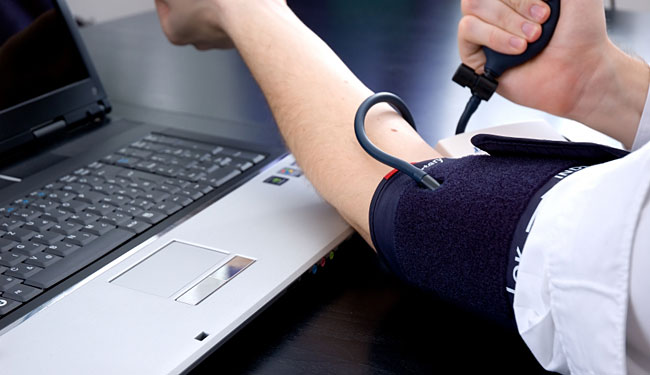
Doctors worried about shift to online self-diagnosis
Medical professionals have raised concerns about new software that encourages patients to “self-diagnose”.

Medical professionals have raised concerns about new software that encourages patients to “self-diagnose”.
Last month British company ADA Digital Health Ltd released a sophisticated self-diagnosis app, while in June tech giant Google unveiled its new “symptom checker” search device. And on Wednesday UK Health Secretary Jeremy Hunt announced that the NHS plans to introduce a new smart-phone diagnosis service, in a bid to take pressure off the overburdened NHS-111 phone service. “We live in the age of the smartphone, and we want the NHS to reflect that,” Hunt said.
But some doctors are concerned about the new developments, and have warned about the danger of misdiagnosis and “cybercondria”.
Maureen Baker, Chair of the UK’s Royal College of General Practitioners, said that new software presents a risk to patients.
“…asking patients to use an online tool when they are ill in lieu of describing their symptoms to someone over the phone, who is trained to ask the right questions, should be approached with extreme caution.”
In an article in Quartz, cyberpsychologist Mary Aiken said there was a need for medical ethics to “migrate online” to deal with the new developments.
“The internet offers so many advantages, but these pluses are increasingly offset by serious problems…The question is: Can Dr. Google abide by one of the main tenets of the Hippocratic oath… Primum non nocere— “First, do no harm.”
Doctors worried about shift to online self-diagnosis
Xavier Symons
https://www.bioedge.org/images/2008images/self-diagnosis.jpg
Creative commons
https://www.bioedge.org/images/2008images/self-diagnosis.jpg
clinical ethics
clinical practice
internet
uk
- Can machines be moral? - March 7, 2021
- Can we synthesise Christianity moral theology with secular bioethics? - November 28, 2020
- Euthanasia polling data may fail to capture people’s considered views - August 15, 2020
